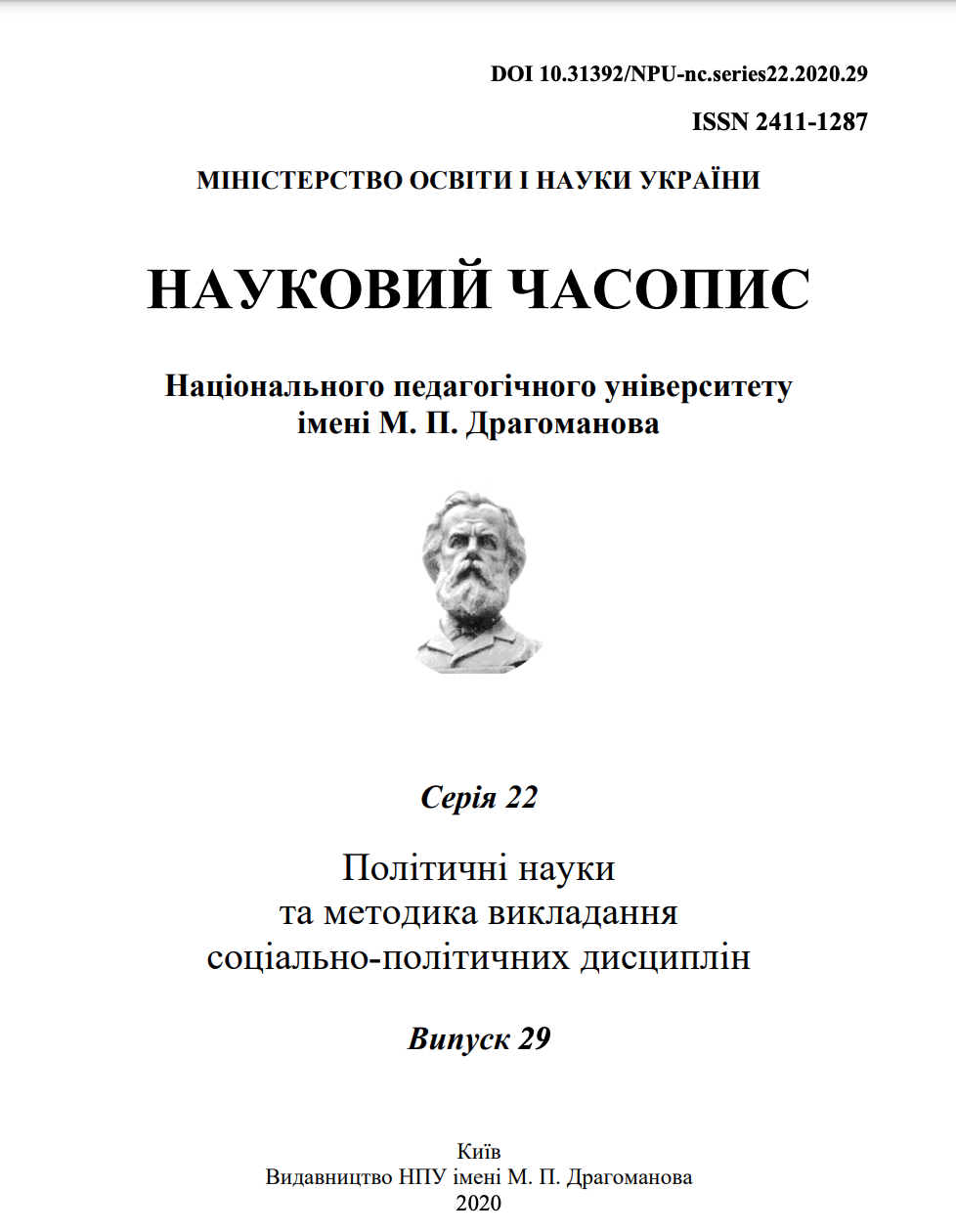«Nihon Sandai Jitsuroku» as the Final Chronicle of the State History of Japan in the «Six National Histories»
DOI:
https://doi.org/10.31392/pnspd.v22i29.1070Keywords:
«Nihon Sandai Jitsuroku», «Six National Histories», imperial power, Heian period, political thought of Japan, state history of Japan, Shinto, Buddhism, bureaucratic apparatusAbstract
The article analyzes the socio-political principles of the origination of «Nihon Sandai Jitsuroku» as the last state history in the «Six National Histories». The role of «Nihon Sandai Jitsuroku» as a political text in the process of legitimizing the power of the feudal-aristocratic elite has been clarified. The transformation of the institution of imperial power as a result of interaction with the Fujiwara family has been studied. The interaction between the political and religious spheres of life of Japanese society in the period 858-887 is traced. The influence of the Confucian tradition on the organization of the bureaucratic system of the state in the specified period is analyzed. The political struggle between the representatives of competing feudal-aristocratic groups for the influence on the creation of state history, the politicization of the cultural elite and its participation in public administration is highlighted. The institutional efficiency of the imperial power in relation to its decisive role in the creation of state history is emphasized. The political biographies of the authors of «Nihon Sandai Jitsuroku» in the context of their participation in writing the text of the chronicle are studied. The peculiarities of the organization of the political system of the Heian period in 858-887 in connection with the emergence of powerful economic and political centers of influence outside the capital of the state are analyzed. The mechanisms of centralization of state power and the formation of a bureaucratic apparatus in the context of conducting a balanced state policy towards the provinces have been identified. The political and cultural practice of civilized renunciation of power for the former Emperors and their further participation in public life is traced. The connection in the delta «politics» – «power» – «knowledge» in the aspect of the emergence of private schools for the training of bureaucracy and the demand from the state for the existence of an educated political elite has been highlighted. The political results of the successful implementation of the practice of creating the state chronicles, which over time was transformed into other forms of intellectual life in Japan, are summarized.

